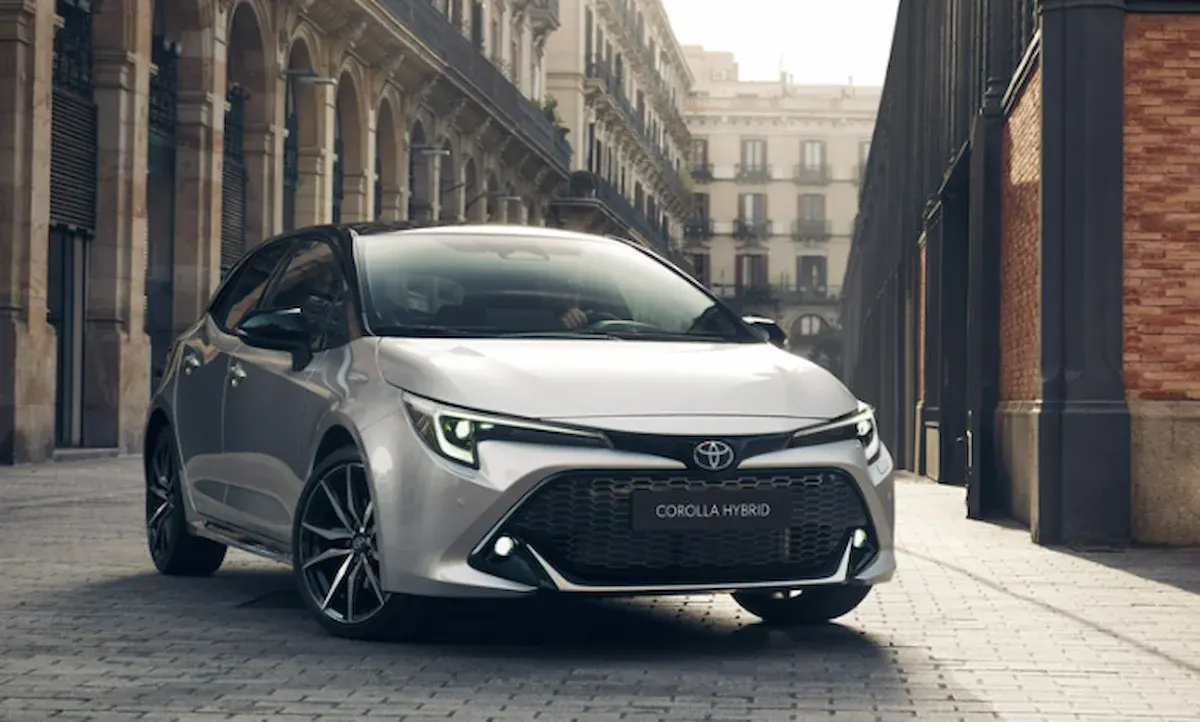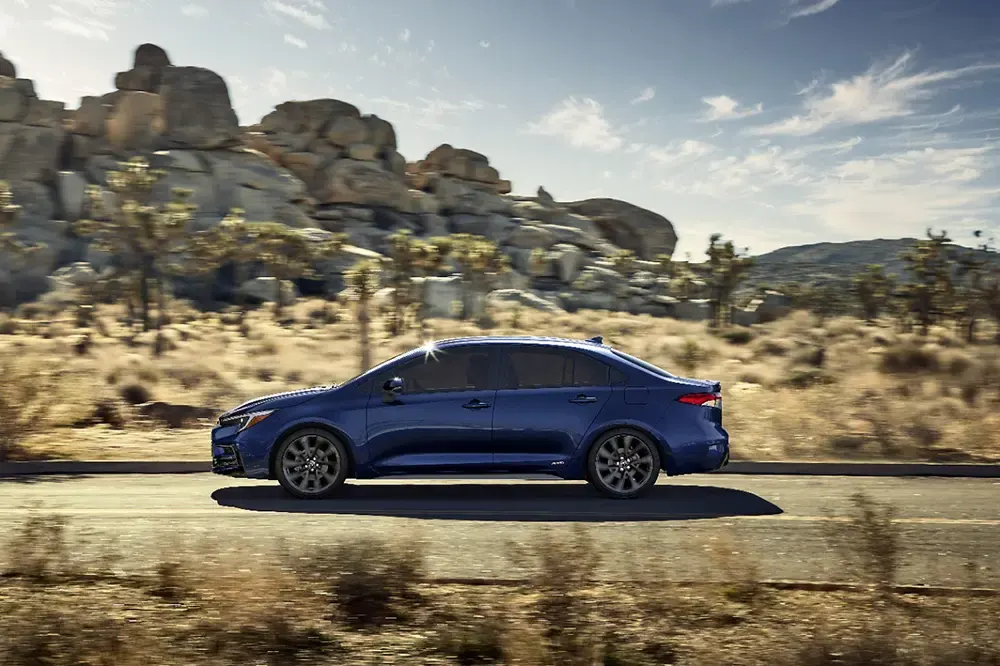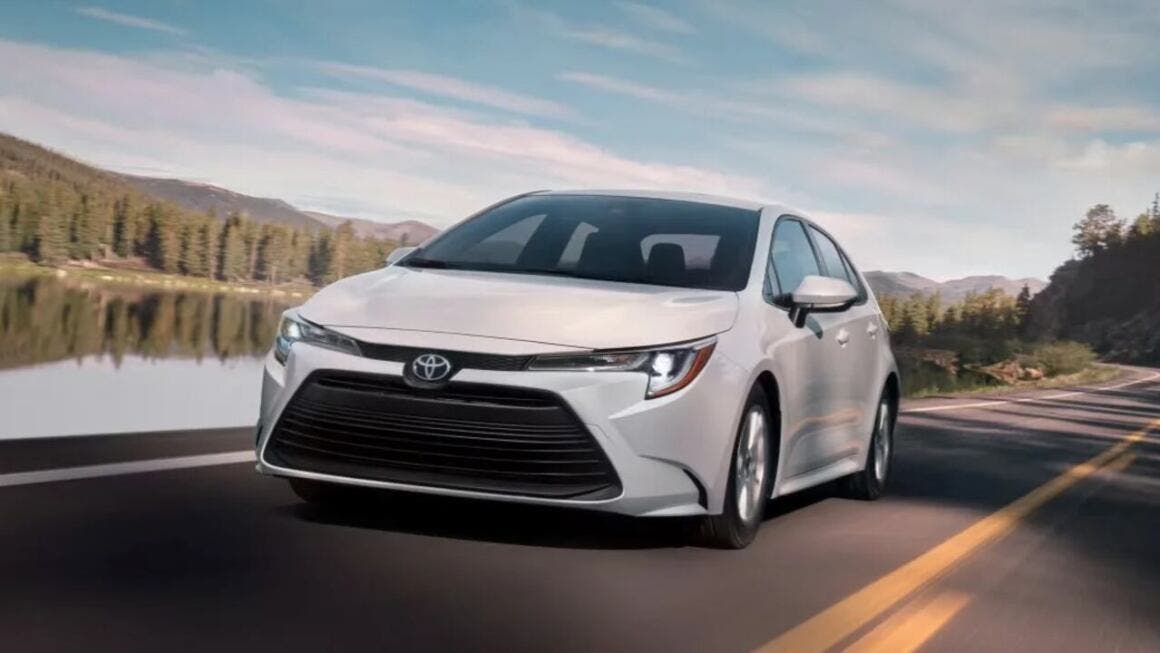For decades, drivers looking to save money at the gas pump have leaned toward compact cars. Small sedans and hatchbacks are naturally more fuel-efficient than massive three-row SUVs or heavy-duty trucks, while also being cheaper to buy, easier to maintain, and usually less expensive to insure. In recent years, though, hybrids have taken cost savings to the next level.
Adding a battery pack and an electric motor to a traditional powertrain not only boosts efficiency but also enhances overall performance. A clear example is the Toyota Corolla Hybrid, which proves more affordable than the standard gasoline version when you factor in running costs.

Since its launch in 1966, Toyota has sold more than 50 million Corollas worldwide, making it one of the most popular cars in history. The latest 12th-generation model is the best yet, with versatile interiors, solid build quality, advanced safety, and outstanding fuel economy.
The numbers speak volumes. The standard Corolla achieves an estimated 32 mpg city and 41 mpg highway, averaging 34 mpg combined. Higher trims remain efficient but fall slightly short. The Hybrid version, however, is on another level: 53 mpg city, 46 mpg highway, and 50 mpg combined. Even with available all-wheel drive, efficiency stays remarkably high, showcasing the advantages of electrification.

The gap widens when you look at operating costs. According to EPA estimates, the gas-powered Corolla costs about $1,400 a year in fuel, while the Hybrid drops that figure to just $1,000. Over five years, the Hybrid saves drivers roughly $3,500 compared to the average new vehicle, while the standard Corolla saves about $1,500. That’s a $2,000 difference, or over $30 extra in your pocket every month.
Purchase prices are also close. The base Corolla LE starts around $23,920 including delivery, while the Hybrid LE begins at $25,770, with the price gap quickly offset by fuel savings. All things considered, the Corolla Hybrid is not just sensible, it’s strategic. The Toyota Corolla remains a global automotive icon, and in 2025 it continues to be a safe bet. But for long-term savings and maximum efficiency, the Hybrid is the smarter play.
